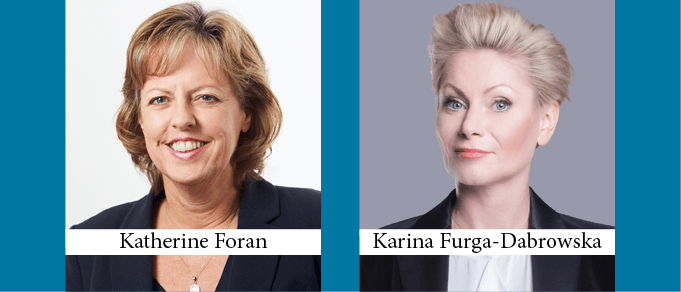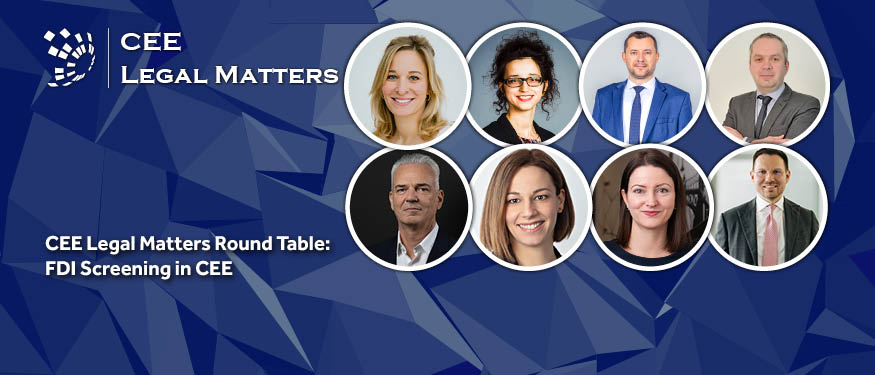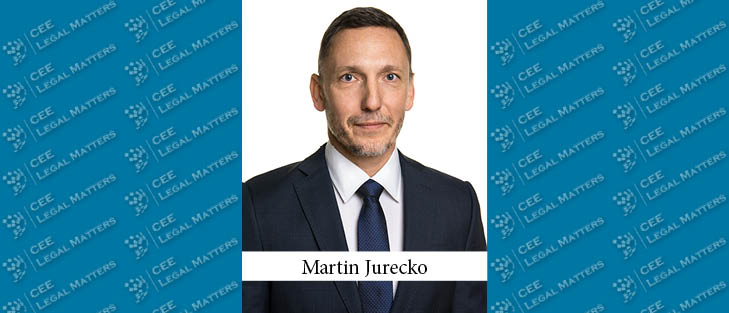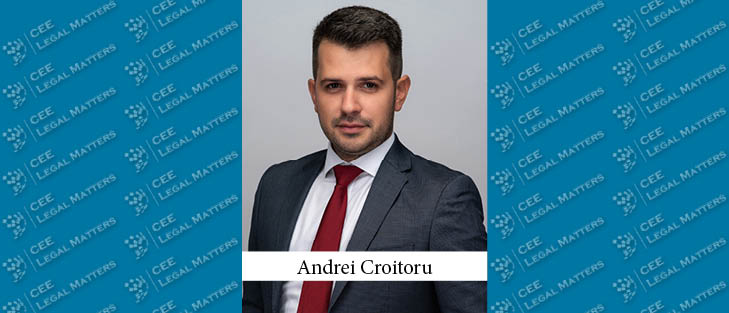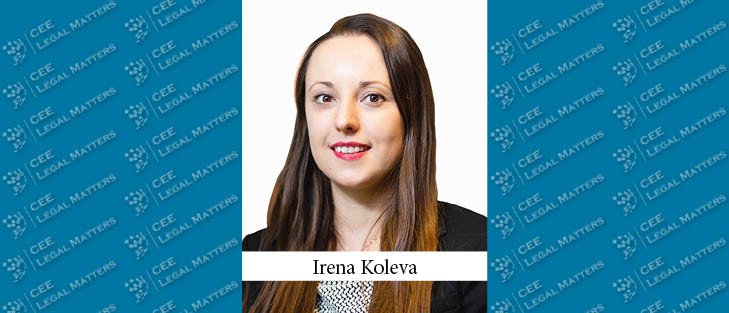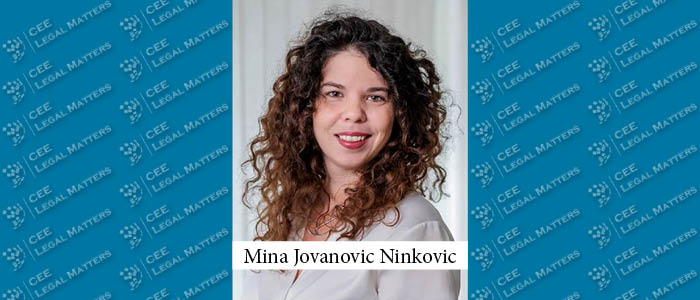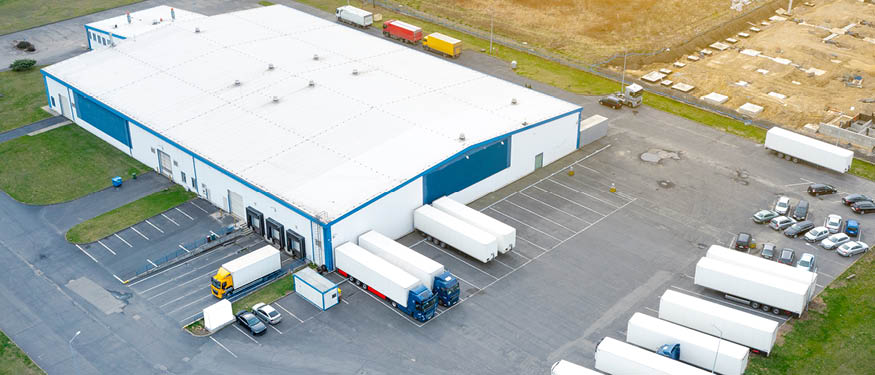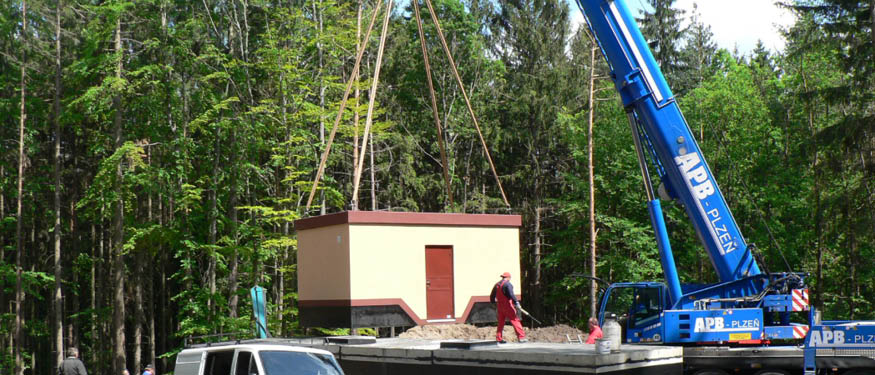Dentons’ creates a pilot mindfulness program to address law firm stress.
In this quickly-shrinking world, with production and the global economy growing at unprecedented rates, lawyers are increasingly under the gun, expected to turn out top-quality work on matters often worth many millions of euros quickly, and without mistakes. Unsurprisingly, then, many law firms spent significant amounts each year to find ways of helping their lawyers alleviate and manage the resulting stress.
Some at Dentons believes that, in mindfulness, the firm may have found a useful tool in this battle.
Mindfulness has been described as “the psychological process of bringing one’s attention to experiences occurring in the present moment, which one can develop through the practice of meditation and through other training.” And, at the end of 2018, in a creative attempt to help its lawyers deal with the stress that is part and parcel of the profession, Dentons implemented a unique mindfulness program to help participants from the firm manage and alleviate emotions and stress, develop business skills, raise emotional intelligence and self-awareness, and improve social skills and empathy.
THE INNER CALL
For Dentons Partner Karina Furga-Dabrowska, who led the pilot program at the firm, practicing mindfulness is both a lifestyle and professionally fulfilling. She recalls that, before discovering the concept, she felt frustrated by the pressure she was facing. “I did not really manage my emotions properly,” she recalls, “and I kind of burnt out due to stress. So I was looking for tools to improve myself and gain missing skills.” Once discovered, mindfulness became an important part of her life.
Her enthusiasm for the practice kindled, after a few years of practice Furga-Dabrowska become a teacher, and then completed a mindfulness-based cognitive therapy training in the United States. She is currently enrolled in an MBCT studies course at Oxford University’s Department of Psychiatry.
MAKING IT HAPPEN
According to Furga-Dabrowska, the idea of conducting a mindfulness program at Dentons occurred to her in August 2018, and the NextMind program – which she developed specifically for a law firm environment, along with Chris Tamdjidi from the Kalapa Leadership Academy (which produces mindfulness programs for professional spaces) and the Oxford Mindfulness Center of the Psychiatry Department at the University of Oxford – kicked off two months later.
The eight-week program attracted some 60 participants, divided into three groups: two in Dentons’ Warsaw office, and one of lawyers outside the Warsaw office whose classes were held by webinar.
Furga-Dabrowska led all three groups every Friday, with Tamdjidi and fellow Kalapa Leadership Academy trainer Sophie Maclaren taking turns joining her.
The weekly two-hour sessions included education, practice, and open discussion. During these sessions, participants considered various topics, including theoretical neuro-scientific aspects of long-term stress, issues related to perfectionism, the social and business consequences of cognitive bias, and the risks related to multi-tasking, as well as imparting practical knowledge about ways to handle stress, relationships with clients, collaborate within the firm, empathy, and basic mindfulness tactics.
Still, although the leaders were able to guide participants in their development and help them find solutions, Furga-Dabrowska emphasizes that “it is all the participant’s own work and own mindfulness practice.”
In addition, the program included a smartphone application and a knowledge platform with a particular focus on the legal profession, providing articles and videos on relevant subjects. Katherine Foran, Dentons Deputy Global Chief Legal Officer and Europe Director of Risk, one of the first at the firm to sign up for the classes, remembers that although she didn’t initially use the application (which comes with recommended exercises and daily reminders), she soon began to recognize its value. “Having this little alarm going on and pulling you back to focus on yourself is a great way to release pressure and refocus,” she says. Now, she adds, the application makes it possible for her to practice mindfulness anywhere and anytime.
NOT ALL THAT FLUFFY
Furga-Dabrowska is aware that some believe “mindfulness” is either a waste of time, or downright counter-productive, potentially making participants “softer,” but she rejects the accusations. “We are not losing an edge,” she says. “We are actually becoming even sharper and are able to find solutions quicker.” In addition, she says, “we also become kinder.”
Foran is also dismissive of the suggestion that, as she characterizes it, mindfulness is something “warm and fluffy.” According to her, “I was interested in learning more about science and understanding the techniques of mindfulness.” Once introduced to the concept, she says, she discovered that mindfulness reflected a balance between science and logical thinking. Consequently, she says, “some of the newly-acquired techniques made me more focused and as a result more efficient.”
Still, Furga-Dabrowska admits that those kinds of criticisms about mindfulness can make it difficult to promote the initiative – but she reports encountering an open-mindedness and dedication among those at Dentons who took the chance. “Participants were enthusiastic, and ready to look into their inner worlds to self-develop,” she smiles. “They showed trust to cover delicate and emotional issues.” As a result, she says, all participants, from junior lawyers up to partners, became comfortable speaking up.
Foran appreciated that opportunity. “Surrounded by a trusting environment,” she says, “people were willing to reveal a little bit more of their personal insecurities and talk about how they dealt with stressful situations. As a result, we all ended up learning not only from our trainers, but also from our own experiences, and helped each other to learn new techniques.”
Ultimately, Furga-Dabrowska is aware that “there were and will always be skeptical people in general, who are not ready or are not willing to change within themselves.” She’s not bothered by those who scorn the practice, however: “It just means that mindfulness is not for them.”
THE OUTCOME
To evaluate its usefulness, NextMind participants were asked to conduct a self-assessment of their well-being and stress levels both before and after the program. Participants reported an average reduction in stress of almost one third, Furga-Dabrowska says: A 75% improvement in social well-being, an 18% improvement in emotional well-being, and a 16% improvement in self-efficacy.
Furga-Dabrowska says she was surprised and encouraged by the results. “I did not expect such an improvement,” she says. “We knew it would be better, but it was the end of the year – a particularly stressful period for lawyers – with time pressure and work load and much more, so we expected the results to be, perhaps, not quite so good.”
And that’s not all. According to Furga-Dabrowska, as a result of the positive feedback, NextMind was made part of Dentons’ NextTalent global talent program that was launched in March 2019 during the firm’s global partner meeting in Cancun. NextTalent, which includes trainings on mindfulness, emotional intelligence, resilience, and cognitive bias, is designed to, in her words, “leverage insights from neuroscience, behavioral economics, and new technology that is powering the fourth industrial revolution.” As part of NextTalent, two global NextMind programs will be launched as webinars in September 2019: one for partners and one for global talent team members and other support professionals. In addition, she reports, in July 2019 Dentons will start training internal mindfulness teachers in Europe, including several participants of the pioneer program, who volunteered to become mindfulness ambassadors in their local offices and will be trained to become internal mindfulness trainers.
Of course, Furga-Dabrowska is aware that not all participants will continue employing the skills they learned in the NextMind program after its conclusion. “Everything is in people’s hands,” she says. “It depends on people, whether they will practice or not, but I am sure some skills will become part of participants’ second skin.”
And she believes that over time, mindfulness will become more popular in the legal environment. “We are simply pioneers in it,” she says, adding that many Australian and US law firms have already introduced mindfulness training for their lawyers, although “Europe is not so much open to it yet.”
Katherine Foran, at least, is a convert. “We need to make use of all the tools that we have at our disposal that will help us,” she says. “Mindfulness seems to have potential as a useful and powerful tool.”
Ultimately, Furga-Dabrowska insists, mindfulness provides a great means to develop the emotional intelligence that she believes will reshape our future. “If you do not understand and do not listen to people, then you cannot develop close relationships. Our emotional intelligence will be crucial in the future.” She adds that in today’s legal market some firms are more traditional, while others are more comfortable trying new things. In her opinion, the choice is clear: “The future will belong to the firms which are more open.”
This Article was originally published in Issue 6.4 of the CEE Legal Matters Magazine. If you would like to receive a hard copy of the magazine, you can subscribe here.

